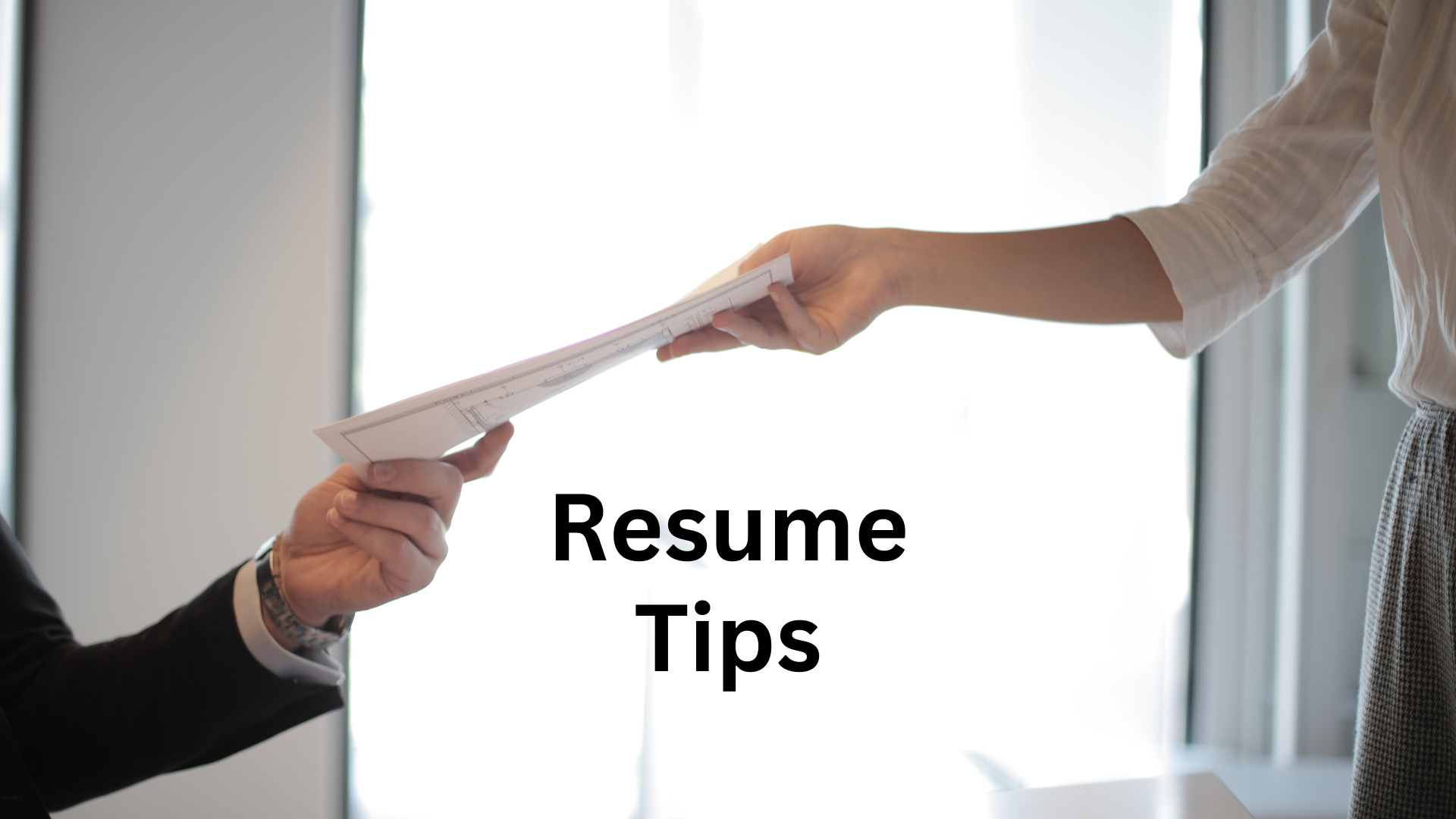
Should You Put References on a Resume?
My direct and immediate answer to the question if you should add references on a resume is going to be No. However, many traditional resume advice out there says that you should. So I am going to give you my reasons for coming to the conclusion that you should leave references off of your resume.
Some of you may be also wondering if this applies to the job application, and yes it does. I would suggest leaving the section for references on the job application blank. If a company is going to force you to fill this section in, I would suggest you contemplate if that is the kind of company you want to work for. You will understand why as we continue.
Most recruiters and hiring managers also understand what is covered in this article. In fact, most recruiters and hiring managers never call references. You do not need to feel awkward about leaving this information off of your resume and job application.
Now, just to be clear, there are a few exceptions to this concept. Let’s say you are applying for a government job with high level security clearances and the job demands that you have references. In a situation like this, it might make sense. However, in this case always ask people for their permission before putting their information on your resume or job application.
Let’s look at some reasons to not put references on a resume.
Breach of Confidentiality
Those are some big words: breach of confidentiality. What is a breach of confidentiality? It’s disclosing information that is considered to be private. In simple words, a breach of confidentiality happens when you receive some piece of information that might be considered private then giving it away to other people. Does this make sense?
People consider their information to be private, even if it’s not. Sure they may post their name, birth date, phone number, email and more on social media, but people still think of this information as private. You should consider it private also. So, when someone tells you their name, or they give you their phone number, home address, or email address, you should consider this information to be private information. If you share this information, you have committed a breach of confidentiality against that person. In simple words, if you share other peoples information, you violate their privacy. This is a bad thing. (I am not talking about legal matters. I am talking about how people feel.)
The only way around this would be to ask permission from people before using them as a reference. If you absolutely must use a reference, always ask permission before giving out their contact information. However, this creates other problems as well.
If for some reason you feel uncomfortable leaving your job application blank when it asks for references, there is a technique you could use. You could write a small sentence explaining why you are leaving it blank. You could say, “For the privacy of my contacts, I do not list references.” This is a very understanding and honorable reason to not provide this information.
Containing Pertinent Information
Many people think of their job search as a private event. There are many reasons for this. If the word get’s out that someone is looking for a new job, their current job may become at risk. Someone may feel uncomfortable being associated with a company they do not know anything about. Other people simply like their privacy and don’t want their friends and family poking around and interrogating them about their job interviews. Whatever the reason might be, many people do not want information getting out that they are looking for a job. This is what is meant by containing pertinent information: protecting the privacy of the job searcher.
If an applicant wants to share with people that they are looking for a job, that should be their decision. However, forcing references on a job applicant is taking this away from them. Everyone has a right to a certain amount of privacy and a company calling up a stranger to tell them that someone applied for a job is taking away a reasonable expectation of privacy.
Two-faced Risks – Defamation and Slander
Too many people in this world are fake and manipulative. Most people have friends that they believe are friends, but secretly they are enemies. People will act nice and kind to your face, then they will take any opportunity to hurt you behind your back. References can come back to haunt you and this isn’t fair. The company should make a hiring decision based on your qualification to do the job rather than taking the word of another person. On the other hand, you may have people in your life that would say nice things about you even if you’re a terrible person. Using a reference to judge a persons character is just not logical, it’s unpredictable, and the results are untrustworthy.
Think about it, if they call references chosen by the applicant, the applicant will choose the people most likely to say nice things. However, if a company calls previous employers for a reference, they are speaking with people that have bad blood because the employee left and burnt bridges. Using other people to judge the character of the applicant is a weak way to judge a person.
References on a Resume Conclusion
There may be other reasons to avoid putting references on a resume, and there may also be good arguments for why you should do it. I have presented 3 strong reasons above for why I believe you should leave references off of your resume and off of your job application. Sure there are valid exceptions to this, however most jobs will understand these reasons. If a job does understand this, and tries to force you to give references, I would assume that company does not respect privacy. If they can’t respect privacy, what else is wrong with the company? Probably a lot.
Resources
Get Connected!
- If you have enjoyed this article, you can get alerted to new articles and exclusive information by joining our email list. You can access this through the pop up on our home page. (You’ll also get a bunch of free stuff.)
- If you would like to keep learning, check out more of our articles!
